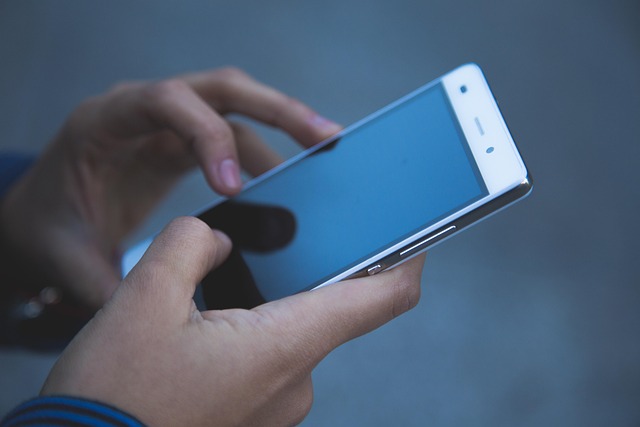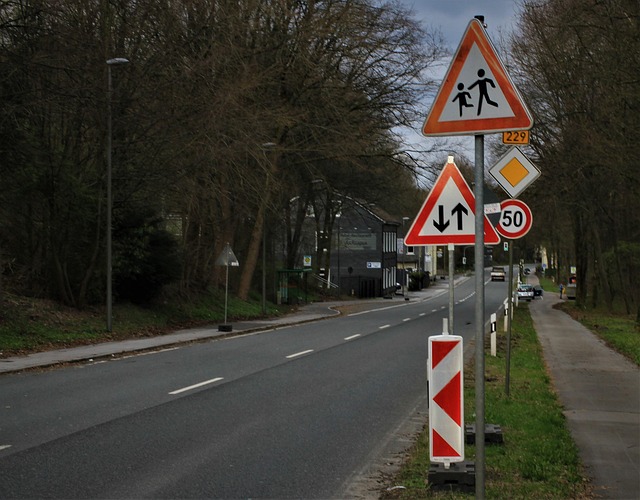Balancing Technology and Humanity: Understanding the Importance of Regulating Gadget Use
In today’s fast-paced digital world, the regulation of gadget use is becoming increasingly necessary. We live in an era where screens dominate our lives—whether through smartphones, tablets, or laptops. While technology offers immense benefits, enabling greater connectivity and access to information, it also poses challenges that we cannot ignore. The constant buzzing of notifications, social media updates, and the lure of the latest gadget can pull us further away from genuine human interaction.
The concept of a digital detox has gained traction as more people recognize the need to step away from their screens. This intentional break from technology allows individuals to reconnect with themselves and the world around them. Imagine spending a weekend without scrolling through social media or replying to emails. Instead, focus on activities that uplift your spirit, like going for a walk in nature, reading a book, or enjoying quality time with loved ones. The rejuvenation that comes from this time off can be profound, underscoring just how important regulating gadget use really is.
Technology and humanity, when in sync, are a powerful combination. However, when overindulgence in devices interferes with our daily lives, relationships, and mental well-being, we risk losing touch with what truly matters. Our devices should serve us, not the other way around. For instance, consider how much more enriching face-to-face conversations can be compared to a text exchange. It’s essential to establish boundaries and foster an environment where technology enhances rather than detracts from human connection.
As we navigate a world increasingly reliant on gadgets, awareness around the regulation of gadget use becomes crucial. Schools, workplaces, and even family units can implement policies or guidelines that encourage healthy tech habits. Simple measures like designated device-free zones at home or during family meals can create a more connected atmosphere. These small, thoughtful changes can remind us of the value of being present with one another.
Engaging in discussions about technology’s role in our lives also plays a vital part. By openly talking about our collective experiences, challenges, and victories, we can foster a community that prioritizes balance. We must challenge the notion that being constantly connected equates to being productive or aware. In reality, taking time to pause and reflect may lead to greater creativity and focus when we do return to our devices.
Ultimately, the journey towards balancing technology and humanity lies in our hands. Embracing the regulation of gadget use isn’t about rejecting advancements or becoming luddites; it’s about finding harmony. As we look toward the future, let’s remember that while technology can enhance our lives, the essence of our humanity—our emotions, connections, and experiences—is irreplaceable. Harnessing tech responsibly will allow us to support one another as we navigate this rapidly evolving landscape together.




